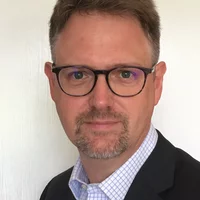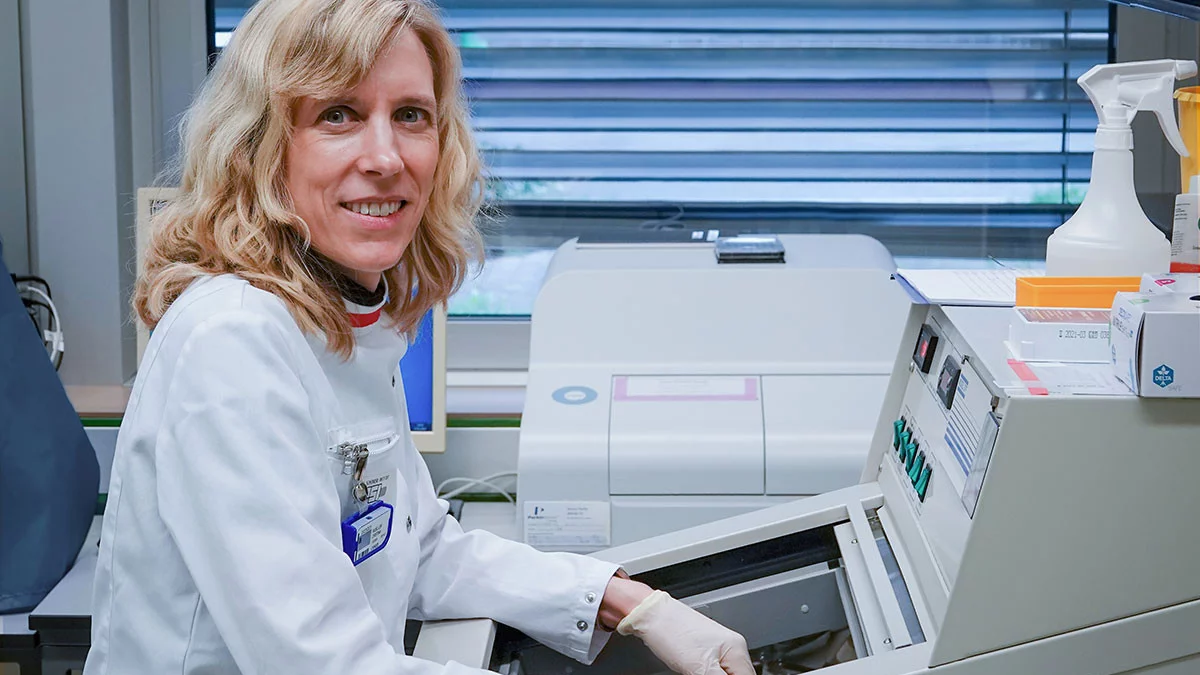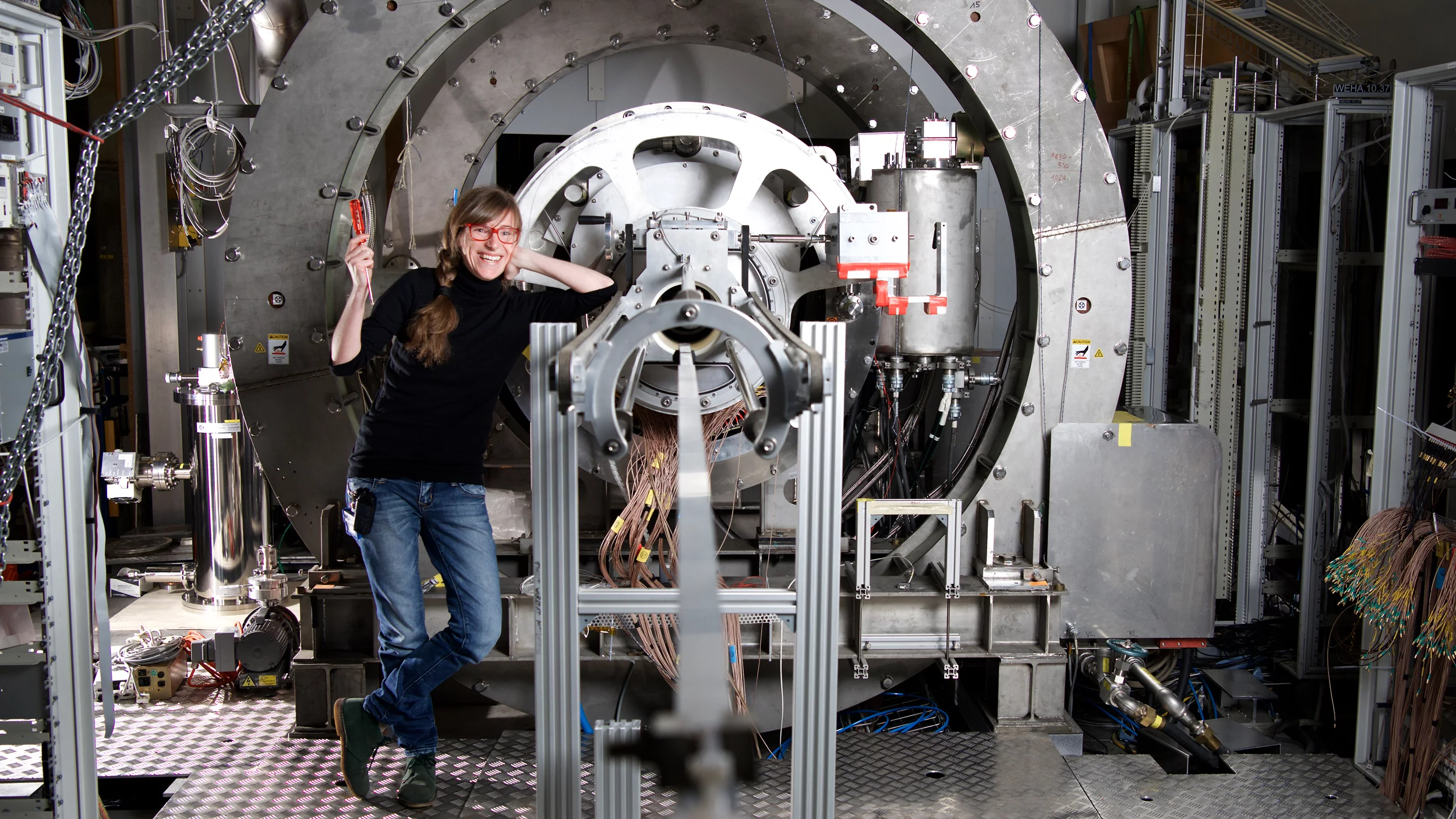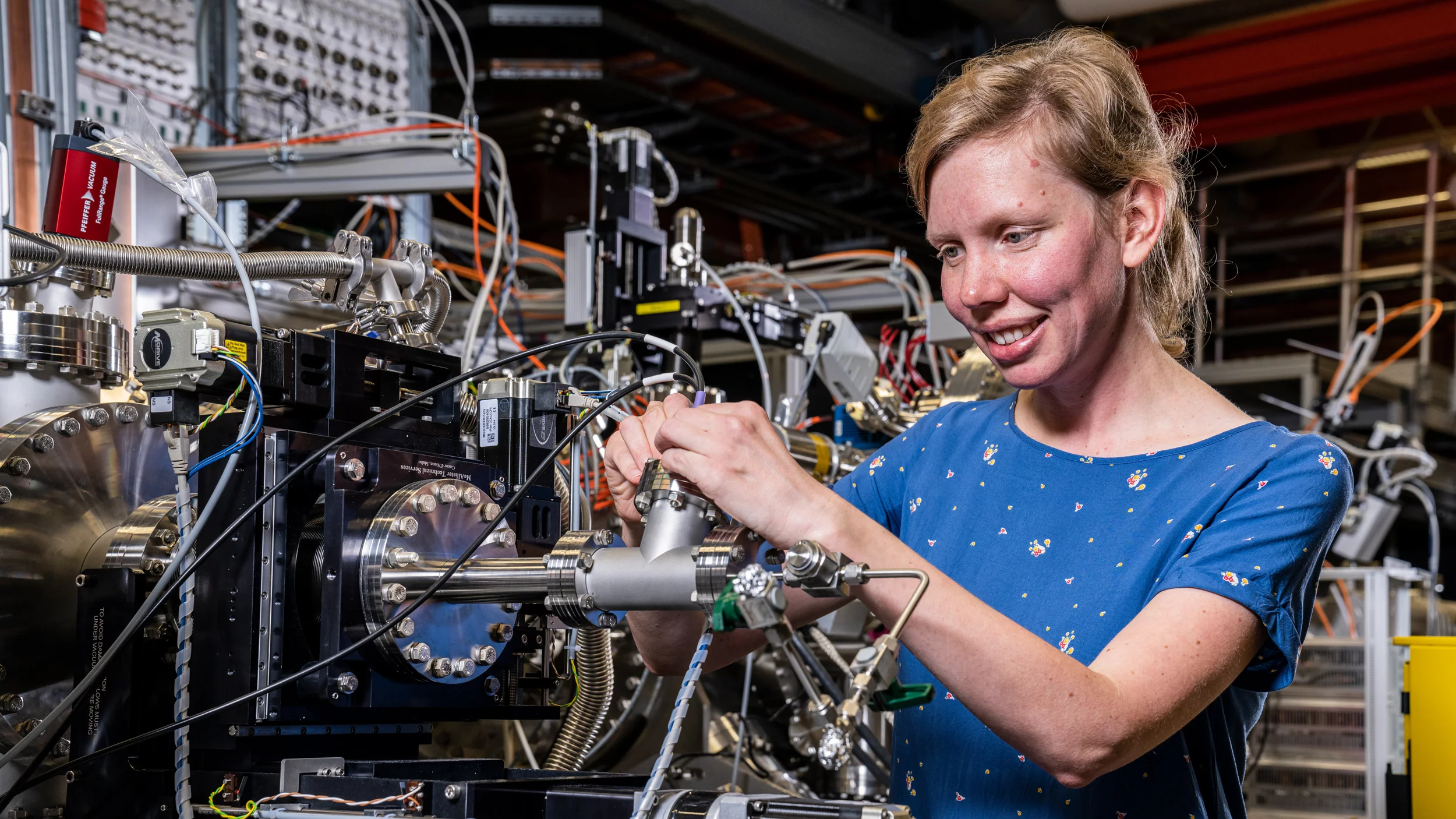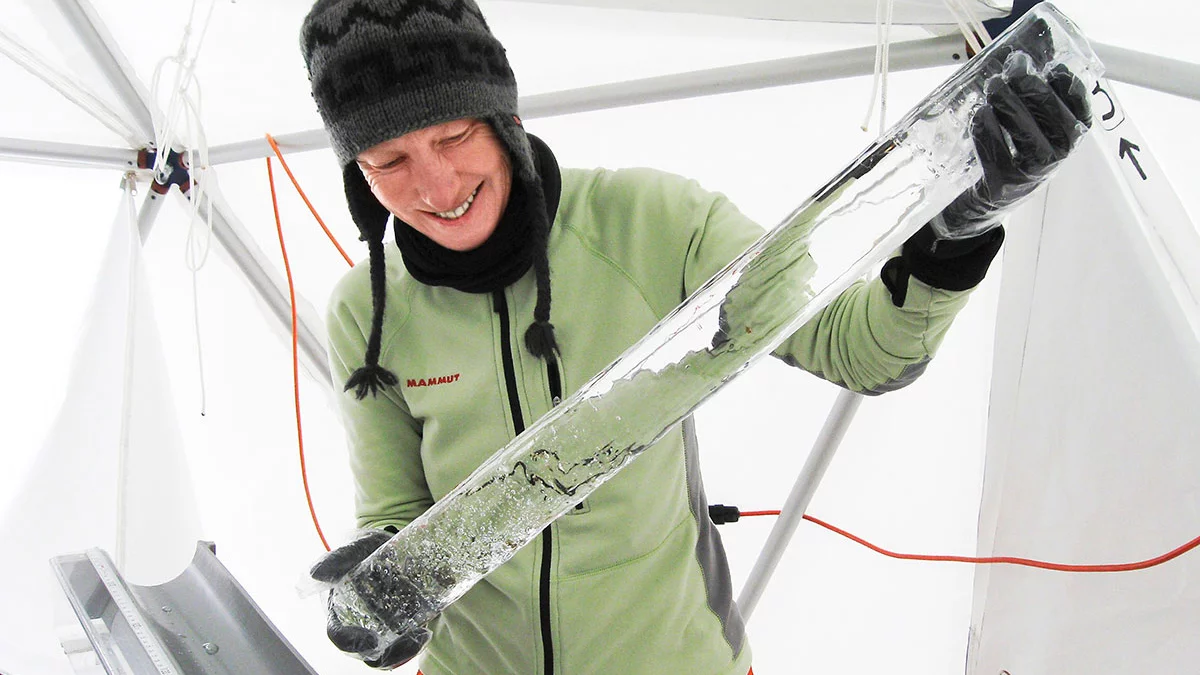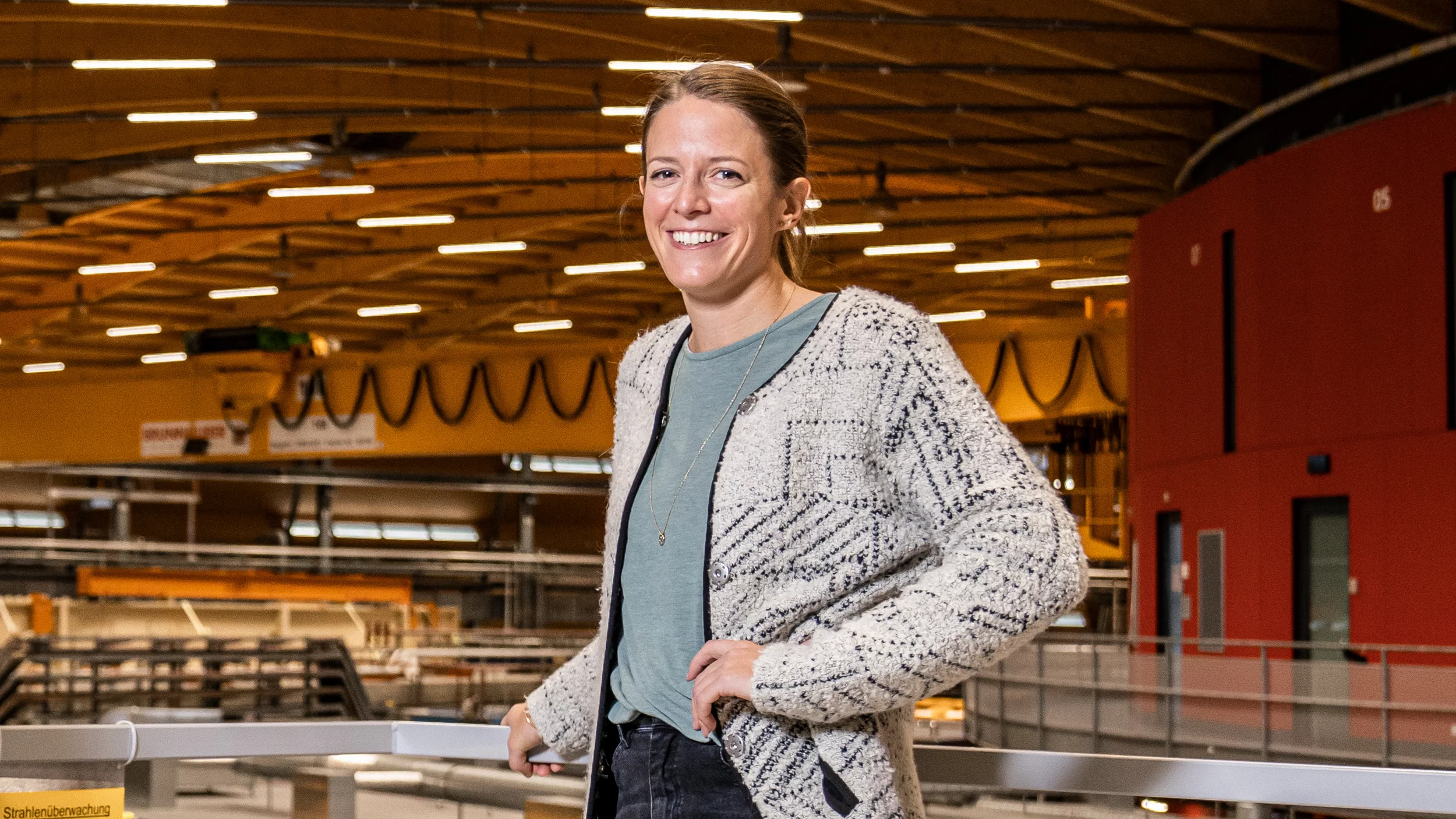Research thrives on diversity of thought, new perspectives, talent and creativity. On the occasion of the International Day of Women and Girls in Science, we present five female scientists at PSI whose contributions have shaped research on a national and international level.
Time and again, 11 February marks the International Day of Women and Girls in Science. The initiative, founded by the United Nations Educational Scientific and Cultural Organization (UNESCO) in 2015, aims to encourage women and girls to consider a career in science, advocate for the critical role women play in research and technology and increase their visibility as role models for present and future generations.
At PSI, more than 30 percent of our scientific staff members are women. PSI has measures in place to further increase the proportion of women. Programmes such as the Fix-the-leaky Pipeline Programme, CONNECT, feM-LEAD mentoring programme, Women in Physics Career Symposium or the new PSI Family Flexibility Grant starting in March.
On the occasion of the International Day of Women and Girls in Science, we present female scientists at PSI as role models for future female scientists.
